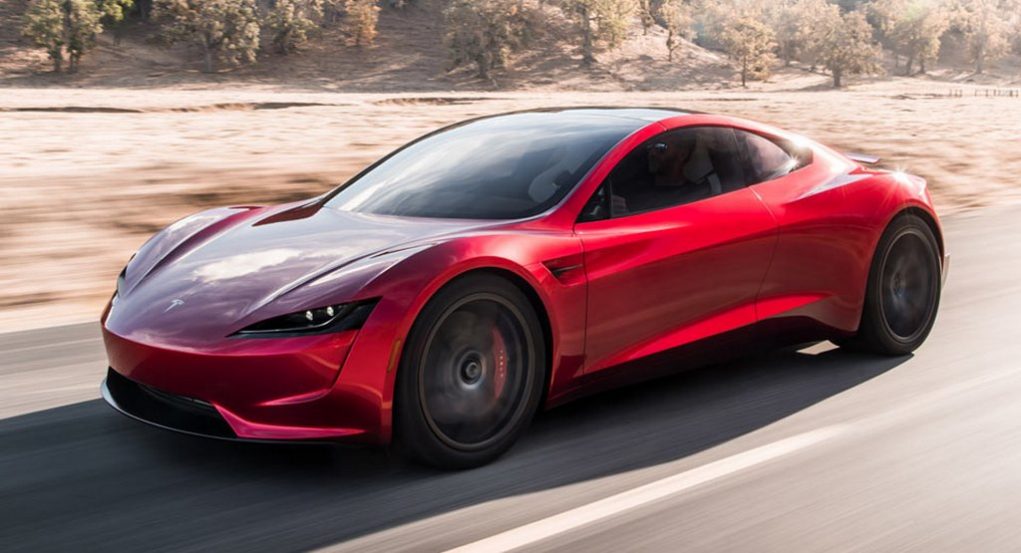
The subsidy amount will depend on the capacity of battery as government will give Rs. 10,000 for each kilowatt and high end electric cars could earn up to 4 lakh
The government is planning to introduce second phase of Faster Adoption and Manufacturing of Electric Vehicles (FAME) scheme in India. Earlier the centre decided that subsidy will be only offered for state-owned buses, but this decision has been revised by the committee on EVs during a meeting held on last week and they decided that subsidy will offered for cars, two wheelers and three wheelers also.
The latest decision will allow customers to get subsidy of upto Rs. 4 lakh depending on the vehicle and the committee has also increased subsidy allocation amount from Rs. 4000 crore to Rs. 5000 crore for a period of five years. The customers can get around Rs. 1 lakh to Rs. 1.4 Lakh as discount on current EVs from Tata Motors and Mahindra.
The subsidy amount for FAME-II scheme will depend on the capacity of battery as government will give Rs. 10,000 for each kilowatt and high end electric cars, which come with big batteries could earn up to Rs. 4 lakh as discount and it will play a major role in the success of these models in our market. This will encourage manufacturers to introduce more EVs in India.
The government is hoping that an increase in subsidy will attract more buyers and they might increase tax on petrol and diesel vehicles to help EVs as Union cabinet is yet to take a final decision on this. The market share of EVs in India is just one percent, but the central government wants it to be around 40 percent by 2030.
The hybrid vehicles and trucks are currently excluded from this policy as the government might introduce a different scheme for them. But most of the manufacturers are pushing hybrid vehicles as it is the best choice for India right now and companies like Toyota, Maruti Suzuki and Mahindra has introduced hybrid system in their vehicles.
The FAME-II scheme will increase sales of EVs by 8-fold according to government and they are focusing on 11 most polluted cities in India initially, which include Delhi, Mumbai and Bangalore. The introduction of EVs in these cities will certainly reduce pollution and later they will expand the scheme to less polluted cities in the country.


